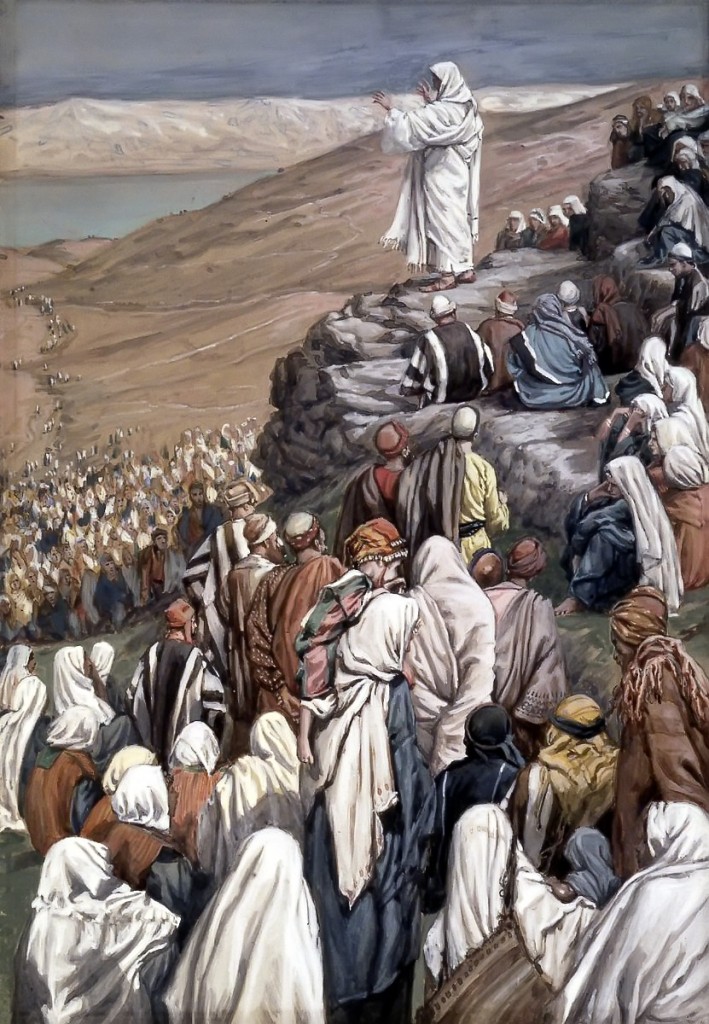Divine Conspiracy – Ch.7
I’m going to focus my highlights from chapter 7 of Divine Conspiracy into one specific topic addressed. My favorite part of this chapter was Willard’s explanation of Matthew 7:6 which is a very confusing verse. It says, “Do not give dogs what is sacred; do not throw your pearls to pigs. If you do, they may trample them under their feet, and then turn and tear you to pieces.” I’ve heard various explanations of this that have never really clicked for me. But here is how he put it:
“The problem with pearls for pigs is not that the pigs are not worthy. It is not worthiness that is in question here at all, but helpfulness. Pigs cannot digest pearls, cannot nourish themselves upon them. Likewise for a dog with a Bible or a crucifix. The dog cannot eat it. The reason these animals will finally ‘turn and rend you,’ when you one day step up to them with another load of Bibles or pearls, is that you at least are edible. Anyone who has ever had serious responsibilities of caring for animals will understand immediately what Jesus is saying.”
This makes perfect sense and is an incredible way to think of this passage. How often do we give someone something in the “name of God” that they cannot use? I think of people who leave a tract or verse reference at a restaurant instead of a tip because “they need that more than money.” The reality is, that server is trying to earn a living and take care of his/her family and they are unlikely to be impressed with your God if it means you won’t provide for them the way any other “normal” person would. Here’s my suggestion if you are prone to wanting to do this: how about you leave a lavish tip to go with the Bible tract? That will shock them for sure. Willard goes on to explain:
“Frankly, our ‘pearls’ often are offered with a certain superiority of bearing that keeps us from paying attention to those we are trying to help. We have solutions. That should be enough, shouldn’t it? And very quickly some contempt, impatience, anger, and even condemnation slips into our offer.”





